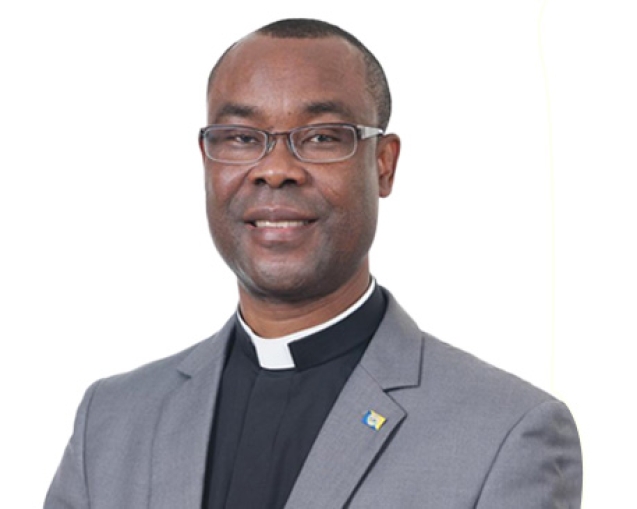In the New Testament, Titus emerges as one of Paul’s most trusted companions – a man called to difficult assignments and relied upon for steadfastness, wisdom, and reform. When Paul left him on the island of Crete, it was not for an honorary role but for a daunting mission, “set in order what was lacking and appoint elders in every town” (Titus 1:5). Crete was notorious for immorality, false teaching, and disorganization. Paul himself quoted one of their own prophets, saying, “Cretans are always liars, evil beasts, lazy gluttons” (Titus 1:12). Yet it was into this setting that God’s servant was sent to restore order, rebuild leadership, and strengthen the Church.
The assignment of Titus reminds us that God always raises men and women who will enter hard places and bring light, order, and truth. Crete is not just a place in history; it is a picture of difficult ministry contexts in every generation. Today’s Church still faces modern “Cretes” – congregations torn by division, communities steeped in moral confusion, churches drifting without direction, or ministries in decline. These are not places for the fainthearted. They require courage, discernment, patience, and deep trust in God. And so, just as in Paul’s day, the Lord continues to raise up the Tituses of our time.
Among the pastorate, some ministers seem continually assigned to such hard places. They are not always the most celebrated, but they are among the most trusted. They are sent not only to harvest where the soil is fertile, but also to till ground that has long lain barren. They are called to confront false teaching with sound doctrine (Titus 1:9), to “rebuke sharply, that they may be sound in the faith” (Titus 1:13), and to “speak things which are proper for sound doctrine” (Titus 2:1). These are difficult tasks, often unpopular, but absolutely essential for the health of Christ’s body.
The weight of such a calling is heavy. It is often accompanied by loneliness, resistance, and slow progress. These pastors must not only preach the Word but also rebuild broken structures, restore unity, and nurture spiritual growth in places that have known decline or disorder. Yet the worth of this calling cannot be overstated. Through their labour, congregations find stability, leaders are trained, doctrines are clarified, and churches once near collapse are revived. Like Paul described Titus in 2 Corinthians 8:23, they prove themselves “partners and fellow workers” in the mission of God.
But their calling comes at a cost. Many of these modern-day men in the spirit of Titus carry scars from battles fought in difficult congregations. They sacrifice comfort, endure misunderstanding, and sometimes bear the burden of ministry almost in silence. For this reason, the wider Church must not only recognize them but also support them. They need prayer covering, encouragement, resources, and, at times, rest. When we honour such ministers, we strengthen the hand of God’s reformers in our midst and ensure that the Church remains healthy and mission-driven.
Beloved, the Tituses of our time may not bear that name, but they bear the same mantle. They remind us that ministry is not only about preaching to the receptive but also about wading into the messy places to restore what is broken. Their work may not make headlines, but in heaven it resounds with eternal significance.
As long as Crete exists – in whatever form – God will continue to raise pastors in the spirit of Titus. May the Church have the wisdom to recognize them, the courage to send them, and the grace to support them. And may those who bear this mantle remain steadfast, enduring with joy, and leaving behind churches and leaders strengthened for generations to come.
Written by Elder Alfred Koduah, Sakumono District, Teshie-Nungua Area


















